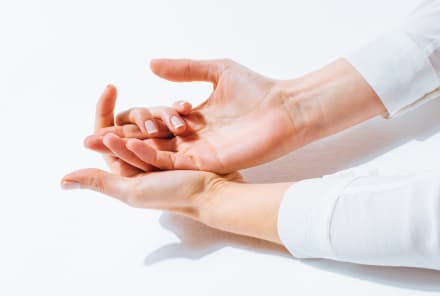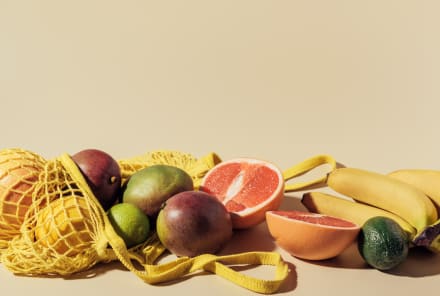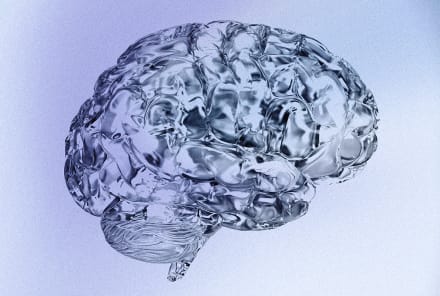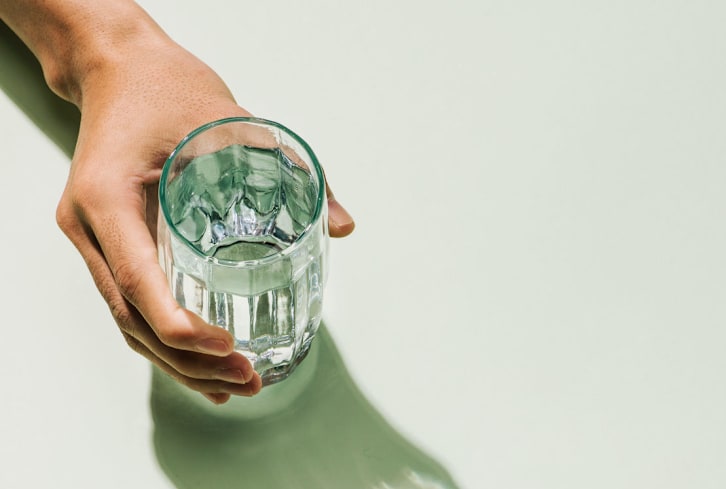Advertisement

If you're short on time (and who isn’t these days?), exercise snacking might be your new quick fix for staying active. These quick bursts of activity, often under a minute, can easily be slipped into your day, whether it’s taking the stairs instead of the elevator or doing squats while waiting for your coffee to brew.
Martin Gibala, Ph.D., a professor of kinesiology at McMaster University, is an expert on this approach. Gibala’s groundbreaking research on high-intensity interval training (HIIT) and his book The One-Minute Workout have shifted how we think about exercise, showing that shorter, high-effort sessions can be just as effective as longer workouts. Enter the concept of “exercise snacking,” a method that not only fits into the busiest of schedules but also offers significant health benefits.
What is exercise snacking?
Exercise snacking refers to brief moments of physical activity—less than a minute—that you can sprinkle in throughout your day. Think about something as simple as opting for the stairs after a long flight or fitting in a few squats between meetings. These mini-workouts are incredibly beneficial for both skeletal muscles and cardiovascular health.
The beauty of exercise snacking is that it helps overcome two of the most common barriers to regular exercise: time and money. You’re not adding more to your already packed schedule, but rather “editing your day” to include these bursts of movement. It’s about efficiency and flexibility, making it easier for anyone to stay active without needing a structured workout.
Why it works
There’s growing evidence that small bursts of physical activity can have a big impact on health. Gibala explains that one reason exercise snacking is so effective is that it empowers people who believe exercise requires a special place, equipment, or a significant time commitment.
By reframing exercise as something you do in little moments throughout your day, it becomes more approachable—and, importantly, sustainable.
For instance, something as simple as vacuuming while carrying your toddler can get your muscles moving and heart rate up. Or try standing up from your chair multiple times to work your leg muscles. These movements, while brief, mimic the benefits of high-intensity exercise.
The unstructured HIIT you’re already doing
Exercise snacking is part of a larger idea called VILPA (vigorous intermittent lifestyle physical activity), which is essentially HIIT without the formal structure. This involves building movement into your everyday life, whether that’s carrying groceries up a flight of stairs or having a brisk walk while talking on the phone. You’re raising your heart rate and working your muscles in the context of daily living.
Research highlights the powerful impact of this unstructured movement. A study of over 25,000 nonexercisers1 found that just three short bursts of vigorous activity—like a 1-2 minute brisk walk or climbing stairs—each day reduced the risk of dying from all causes by 38-40% and decreased the risk of heart disease by nearly 50%. It’s a clear reminder that even small, everyday actions can have a big effect on your health.
The takeaway
Don’t let the simplicity of exercise snacking fool you—it delivers impressive results. By incorporating these short, vigorous bursts of movement into your day, you can significantly improve your cardiovascular health, strengthen your muscles, and boost your overall well-being—without needing to carve out extra time. So, the next time you’re faced with a choice between the elevator and the stairs, you know what to do.
Watch Next
Enjoy some of our favorite clips from classes
Enjoy some of our favorite clips from classes
What Is Meditation?
Mindfulness/Spirituality | Light Watkins
Box Breathing
Mindfulness/Spirituality | Gwen Dittmar
What Breathwork Can Address
Mindfulness/Spirituality | Gwen Dittmar
The 8 Limbs of Yoga - What is Asana?
Yoga | Caley Alyssa
Two Standing Postures to Open Up Tight Hips
Yoga | Caley Alyssa
How Plants Can Optimize Athletic Performance
Nutrition | Rich Roll
What to Eat Before a Workout
Nutrition | Rich Roll
How Ayurveda Helps Us Navigate Modern Life
Nutrition | Sahara Rose
Messages About Love & Relationships
Love & Relationships | Esther Perel
Love Languages
Love & Relationships | Esther Perel
What Is Meditation?
Box Breathing
What Breathwork Can Address
The 8 Limbs of Yoga - What is Asana?
Two Standing Postures to Open Up Tight Hips
How Plants Can Optimize Athletic Performance
What to Eat Before a Workout
How Ayurveda Helps Us Navigate Modern Life
Messages About Love & Relationships
Love Languages
Advertisement
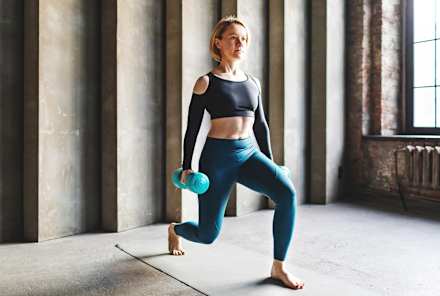
Study Shows Doing This Gives Your Brain A 24-Hour Boost (No Caffeine Involved)
Molly Knudsen, M.S., RDN

Study Shows This Vitamin May Lower Your Risk Of Alzheimer’s By 17%
Molly Knudsen, M.S., RDN

Study Shows Doing This Gives Your Brain A 24-Hour Boost (No Caffeine Involved)
Molly Knudsen, M.S., RDN

Study Shows This Vitamin May Lower Your Risk Of Alzheimer’s By 17%
Molly Knudsen, M.S., RDN

Study Shows Doing This Gives Your Brain A 24-Hour Boost (No Caffeine Involved)
Molly Knudsen, M.S., RDN

Study Shows This Vitamin May Lower Your Risk Of Alzheimer’s By 17%
Molly Knudsen, M.S., RDN

Study Shows Doing This Gives Your Brain A 24-Hour Boost (No Caffeine Involved)
Molly Knudsen, M.S., RDN

Study Shows This Vitamin May Lower Your Risk Of Alzheimer’s By 17%
Molly Knudsen, M.S., RDN


